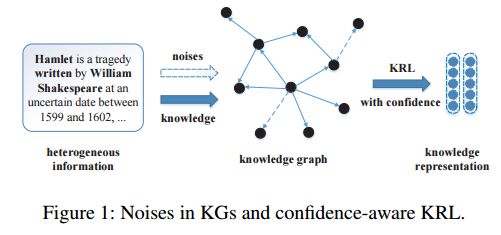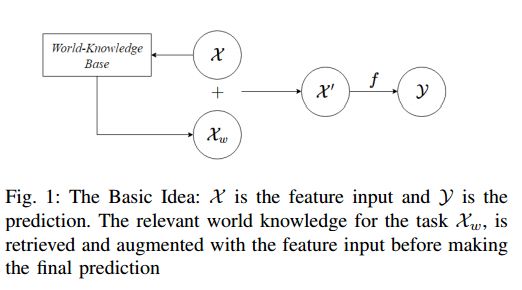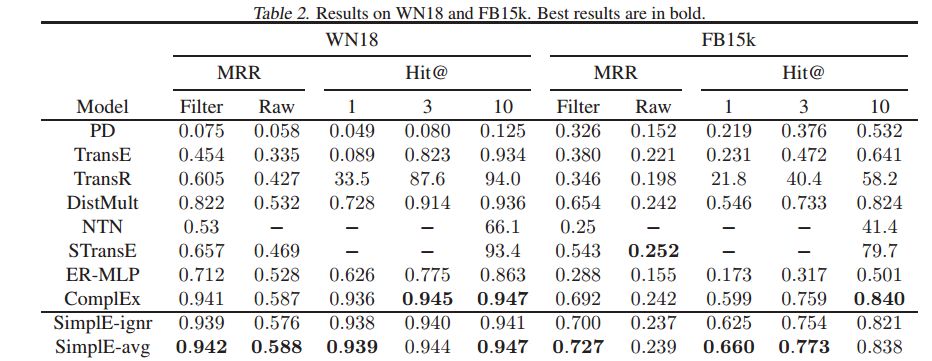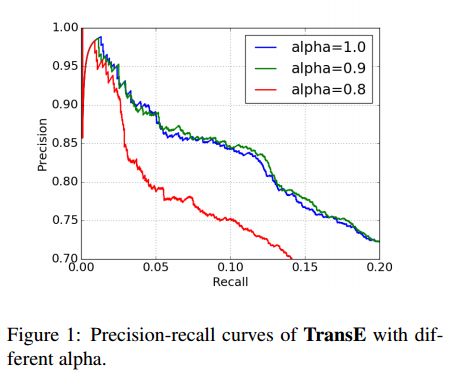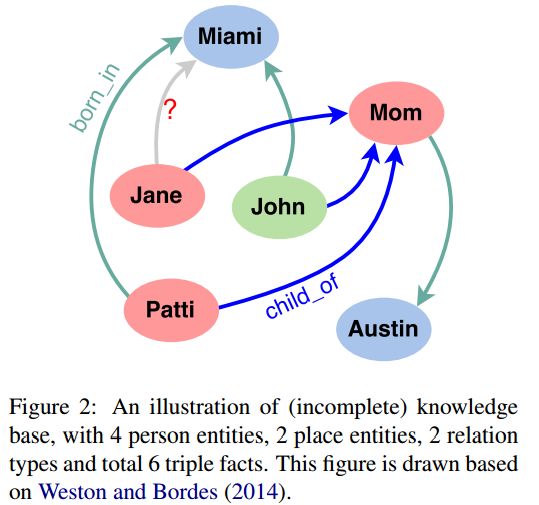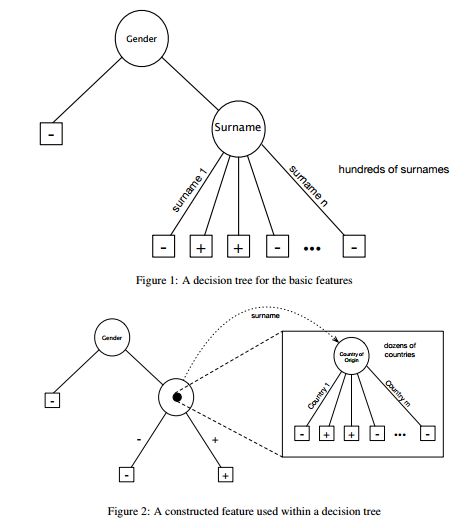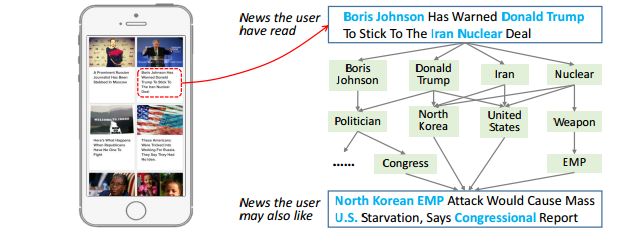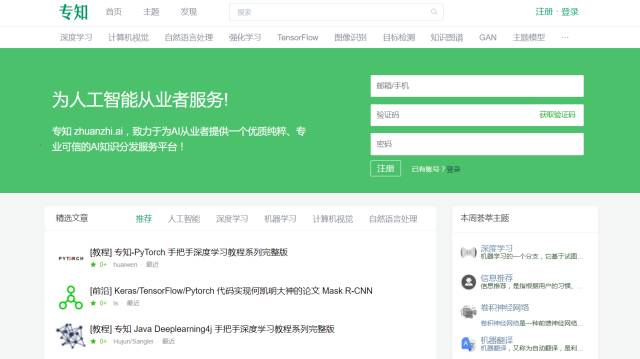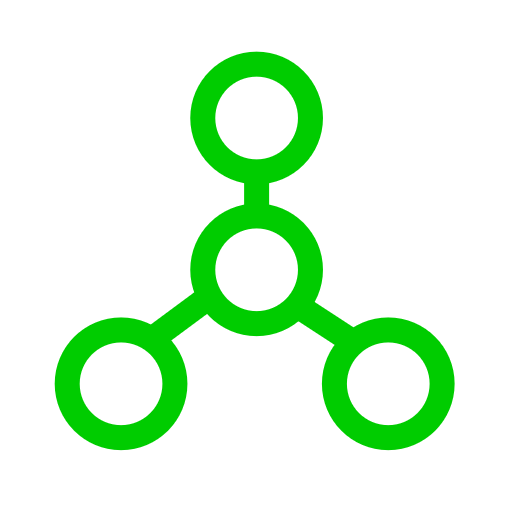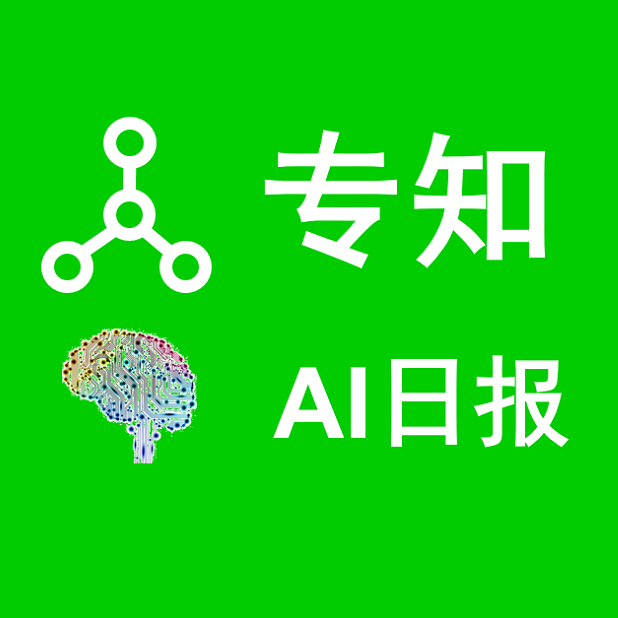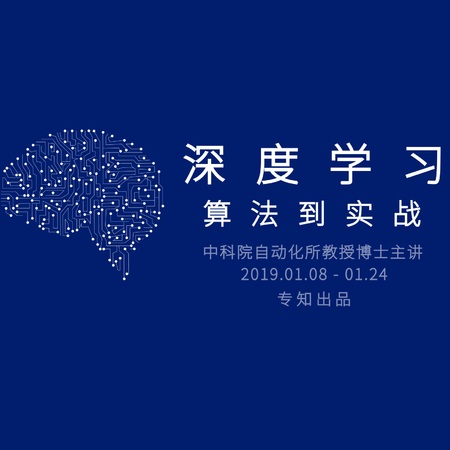【论文推荐】最新七篇知识图谱相关论文—知识表示学习、增强神经网络、链接预测、关系预测与提取、综述、递归特性生成、深度知识感知网络
【导读】专知内容组整理了最近七篇知识图谱(Knowledge graphs)相关文章,为大家进行介绍,欢迎查看!
1. Does William Shakespeare REALLY Write Hamlet? Knowledge Representation Learning with Confidence(莎士比亚真的写哈姆雷特吗?有信心的知识表示学习)
作者:Ruobing Xie,Zhiyuan Liu,Fen Lin,Leyu Lin
摘要:Knowledge graphs (KGs), which could provide essential relational information between entities, have been widely utilized in various knowledge-driven applications. Since the overall human knowledge is innumerable that still grows explosively and changes frequently, knowledge construction and update inevitably involve automatic mechanisms with less human supervision, which usually bring in plenty of noises and conflicts to KGs. However, most conventional knowledge representation learning methods assume that all triple facts in existing KGs share the same significance without any noises. To address this problem, we propose a novel confidence-aware knowledge representation learning framework (CKRL), which detects possible noises in KGs while learning knowledge representations with confidence simultaneously. Specifically, we introduce the triple confidence to conventional translation-based methods for knowledge representation learning. To make triple confidence more flexible and universal, we only utilize the internal structural information in KGs, and propose three kinds of triple confidences considering both local and global structural information. In experiments, We evaluate our models on knowledge graph noise detection, knowledge graph completion and triple classification. Experimental results demonstrate that our confidence-aware models achieve significant and consistent improvements on all tasks, which confirms the capability of CKRL modeling confidence with structural information in both KG noise detection and knowledge representation learning.
期刊:arXiv, 2018年2月17日
网址:
http://www.zhuanzhi.ai/document/f48a2af484c37c8dd9cc113174aec5cb
2. Learning beyond datasets: Knowledge Graph Augmented Neural Networks for Natural language Processing(超越数据集的学习:知识图增强神经网络的自然语言处理)
作者:K M Annervaz,Somnath Basu Roy Chowdhury,Ambedkar Dukkipati
摘要:Machine Learning has been the quintessential solution for many AI problems, but learning is still heavily dependent on the specific training data. Some learning models can be incorporated with a prior knowledge in the Bayesian set up, but these learning models do not have the ability to access any organised world knowledge on demand. In this work, we propose to enhance learning models with world knowledge in the form of Knowledge Graph (KG) fact triples for Natural Language Processing (NLP) tasks. Our aim is to develop a deep learning model that can extract relevant prior support facts from knowledge graphs depending on the task using attention mechanism. We introduce a convolution-based model for learning representations of knowledge graph entity and relation clusters in order to reduce the attention space. We show that the proposed method is highly scalable to the amount of prior information that has to be processed and can be applied to any generic NLP task. Using this method we show significant improvement in performance for text classification with News20, DBPedia datasets and natural language inference with Stanford Natural Language Inference (SNLI) dataset. We also demonstrate that a deep learning model can be trained well with substantially less amount of labeled training data, when it has access to organised world knowledge in the form of knowledge graph.
期刊:arXiv, 2018年2月16日
网址:
http://www.zhuanzhi.ai/document/92532f7deb92f335df4be2441ab3dd04
3. SimplE Embedding for Link Prediction in Knowledge Graphs(基于SimplE Embedding的知识图中链接预测)
作者:Seyed Mehran Kazemi,David Poole
摘要:The aim of knowledge graphs is to gather knowledge about the world and provide a structured representation of this knowledge. Current knowledge graphs are far from complete. To address the incompleteness of the knowledge graphs, link prediction approaches have been developed which make probabilistic predictions about new links in a knowledge graph given the existing links. Tensor factorization approaches have proven promising for such link prediction problems. In this paper, we develop a simple tensor factorization model called SimplE, through a slight modification of the Polyadic Decomposition model from 1927. The complexity of SimplE grows linearly with the size of embeddings. The embeddings learned through SimplE are interpretable, and certain types of expert knowledge in terms of logical rules can be incorporated into these embeddings through weight tying. We prove SimplE is fully-expressive and derive a bound on the size of its embeddings for full expressivity. We show empirically that, despite its simplicity, SimplE outperforms several state-of-the-art tensor factorization techniques.
期刊:arXiv, 2018年2月14日
网址:
http://www.zhuanzhi.ai/document/5a5bd90eacc920b1b0698edbafcc4e19
4. Investigations on Knowledge Base Embedding for Relation Prediction and Extraction(基于知识库嵌入的关系预测与提取研究)
作者:Peng Xu,Denilson Barbosa
摘要:We report an evaluation of the effectiveness of the existing knowledge base embedding models for relation prediction and for relation extraction on a wide range of benchmarks. We also describe a new benchmark, which is much larger and complex than previous ones, which we introduce to help validate the effectiveness of both tasks. The results demonstrate that knowledge base embedding models are generally effective for relation prediction but unable to give improvements for the state-of-art neural relation extraction model with the existing strategies, while pointing limitations of existing methods.
期刊:arXiv, 2018年2月7日
网址:
http://www.zhuanzhi.ai/document/1d2d4cd255efc0d39384386c05e65490
5. An overview of embedding models of entities and relationships for knowledge base completion(基于实体和关系嵌入模型的知识库完备综述)
作者:Dat Quoc Nguyen
摘要:Knowledge bases (KBs) of real-world facts about entities and their relationships are useful resources for a variety of natural language processing tasks. However, because knowledge bases are typically incomplete, it is useful to be able to perform knowledge base completion or link prediction, i.e., predict whether a relationship not in the knowledge base is likely to be true. This article serves as a brief overview of embedding models of entities and relationships for knowledge base completion, summarizing up-to-date experimental results on standard benchmark datasets FB15k, WN18, FB15k-237, WN18RR, FB13 and WN11.
期刊:arXiv, 2018年2月3日
网址:
http://www.zhuanzhi.ai/document/a08a755a019c002a672985436f6de794
6. Recursive Feature Generation for Knowledge-based Learning(基于递归特性生成的知识学习)
作者:Lior Friedman,Shaul Markovitch
摘要:When humans perform inductive learning, they often enhance the process with background knowledge. With the increasing availability of well-formed collaborative knowledge bases, the performance of learning algorithms could be significantly enhanced if a way were found to exploit these knowledge bases. In this work, we present a novel algorithm for injecting external knowledge into induction algorithms using feature generation. Given a feature, the algorithm defines a new learning task over its set of values, and uses the knowledge base to solve the constructed learning task. The resulting classifier is then used as a new feature for the original problem. We have applied our algorithm to the domain of text classification using large semantic knowledge bases. We have shown that the generated features significantly improve the performance of existing learning algorithms.
期刊:arXiv, 2018年2月1日
网址:
http://www.zhuanzhi.ai/document/899c180ab958b76de5859eee1de5c50d
7. DKN: Deep Knowledge-Aware Network for News Recommendation
(DKN:基于深度知识感知网络的新闻推荐)
作者:Hongwei Wang,Fuzheng Zhang,Xing Xie,Minyi Guo
摘要:Online news recommender systems aim to address the information explosion of news and make personalized recommendation for users. In general, news language is highly condensed, full of knowledge entities and common sense. However, existing methods are unaware of such external knowledge and cannot fully discover latent knowledge-level connections among news. The recommended results for a user are consequently limited to simple patterns and cannot be extended reasonably. Moreover, news recommendation also faces the challenges of high time-sensitivity of news and dynamic diversity of users' interests. To solve the above problems, in this paper, we propose a deep knowledge-aware network (DKN) that incorporates knowledge graph representation into news recommendation. DKN is a content-based deep recommendation framework for click-through rate prediction. The key component of DKN is a multi-channel and word-entity-aligned knowledge-aware convolutional neural network (KCNN) that fuses semantic-level and knowledge-level representations of news. KCNN treats words and entities as multiple channels, and explicitly keeps their alignment relationship during convolution. In addition, to address users' diverse interests, we also design an attention module in DKN to dynamically aggregate a user's history with respect to current candidate news. Through extensive experiments on a real online news platform, we demonstrate that DKN achieves substantial gains over state-of-the-art deep recommendation models. We also validate the efficacy of the usage of knowledge in DKN.
期刊:arXiv, 2018年1月30日
网址:
http://www.zhuanzhi.ai/document/f18c88d4cd335b0408f90dfe97f6e937
-END-
专 · 知
人工智能领域主题知识资料查看获取:【专知荟萃】人工智能领域26个主题知识资料全集(入门/进阶/论文/综述/视频/专家等)
同时欢迎各位用户进行专知投稿,详情请点击:
【诚邀】专知诚挚邀请各位专业者加入AI创作者计划!了解使用专知!
请PC登录www.zhuanzhi.ai或者点击阅读原文,注册登录专知,获取更多AI知识资料!
请扫一扫如下二维码关注我们的公众号,获取人工智能的专业知识!
请加专知小助手微信(Rancho_Fang),加入专知主题人工智能群交流!
点击“阅读原文”,使用专知!
